World Malaria Day April 25:
With the drastic participation of all levels and sectors, the work of preventing and combating malaria in Thanh Hoa province has been achieving positive results. Since 2020, Thanh Hoa has been recognized as meeting the criteria for malaria elimination.
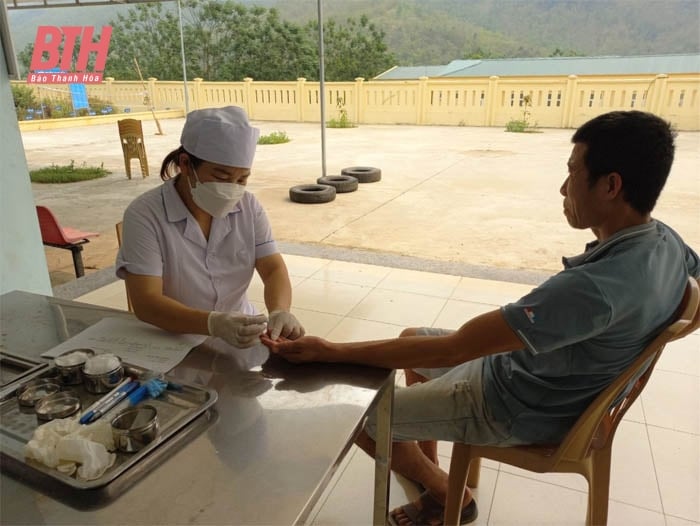
According to statistics from the infectious disease surveillance system, in the period 2011-2022, Thanh Hoa province recorded 484 cases of malaria with parasites, all of which were imported malaria cases with epidemiological factors from foreign countries and provinces in malaria-endemic areas returning to the locality. Of which, 145 cases were infected with Plasmodium Falciparum; 291 cases were Vivax and 48 cases were combined, no deaths due to malaria were recorded.
Identifying that raising people's awareness of malaria prevention and control is an important factor to minimize the number of people with clinical malaria and prevent the spread of the disease into an epidemic, the malaria prevention and elimination program is given priority by the Chairman of the Provincial People's Committee to direct and implement according to the population health target program in each phase. Based on the plan of the Provincial People's Committee, every year the Provincial Center for Disease Control develops a "Plan for malaria prevention, control and elimination activities" to ensure compliance with the goals of the Ministry of Health and the Central Institute of Malaria - Parasitology - Entomology. At the same time, direct and guide the medical centers of districts, towns and cities to be proactive in regular malaria surveillance in all communes, wards, towns, hospitals and polyclinics under their management according to the malaria epidemiological surveillance content issued by the Ministry of Health. Develop and strengthen the monitoring and evaluation system from the province down to the grassroots level; develop a process and guidance for monitoring and supervision at each level; Strengthen management and closely monitor areas with population movements. Organize propaganda on malaria prevention and control through loudspeaker systems in communes, wards and towns; provide documents and instructions on propaganda content for medical centers in districts, towns and cities to organize propaganda on malaria prevention and control at local health stations.
Every year, from the career budget, epidemiological surveillance has been conducted in 27 districts, towns and cities with an average of 54 district visits and 108 commune visits. From the RAI Project budget, epidemiological surveillance has provided professional support to districts and communes under the project. The monitoring results show that 100% of units have developed and fully implemented the contents of activities to prevent, control and maintain the achievements of malaria elimination; monthly reporting on the eCDS system, monitoring the movement of migrants, and preserving medicines and supplies according to regulations. Strengthening close monitoring of subjects who frequently enter and exit areas with malaria epidemics, have contact with sources of infection in and outside the country, especially those returning from malaria-endemic areas to their localities with the number of migrants of 559 communes reported to be 169,130 people/year.
Sharing about the efforts in malaria prevention, control and elimination in the period of 2011-2022, Mr. Do Thanh Tung, Deputy Director of the Provincial Center for Disease Control informed: To be recognized as meeting the criteria for malaria elimination, in the period of 2011-2022, surveillance activities are carried out regularly and continuously to monitor the malaria epidemic situation in localities. All disease outbreaks are monitored and thoroughly handled to prevent the spread and outbreak of the epidemic in the community; maintaining microscopy points for blood smear testing for malaria parasites in localities. Along with that, organizing training courses on malaria epidemiological surveillance, guidance on malaria diagnosis, treatment and testing techniques for officers working in malaria prevention and control from the province to the grassroots level; Ensure adequate anti-malarial drugs for treatment and self-treatment for people... According to the results of epidemiological zoning in 2019, Thanh Hoa has only 1 commune in the mild malaria area - zone 3 (Tan Phuc commune, Lang Chanh district); the number of malaria cases decreased in each period. Specifically, the malaria prevention and control period (2011-2016) recorded 457 cases, accounting for 94.6%; the malaria elimination period (2017-2020) recorded 25 cases, accounting for 5.2%; the malaria re-emergence prevention and control period (2021-2022) recorded 2 cases, accounting for 0.2%. Thanh Hoa province has effectively implemented measures to prevent, control and eliminate malaria in the period of 2011-2022; malaria prevention and control work in the whole province has achieved the goals of the Central Government.
World Malaria Day 2023 with the theme "Concentrating all efforts to eliminate malaria in Vietnam" aims to widely communicate to people about malaria prevention, control and elimination, attracting the attention and support of leaders at all levels, organizations, non-governmental organizations to invest in malaria prevention, control and elimination activities... Thanh Hoa strives to continue to maintain the achievements in malaria prevention, control and elimination achieved in the period 2011-2022; no deaths caused by malaria; no malaria epidemics; reduce the number of people with malaria; build and consolidate sustainable factors, protect the achievements in malaria elimination, and prevent malaria from returning to the area.
Measures to prevent and combat malaria When having malaria, people need to go to a medical facility immediately to have their blood tested for parasites and to get medication. If malaria is detected early and treated with the right medication, the disease will be cured. On the contrary, if it is detected late and treated with the wrong medication, the disease will get worse, causing many complications and easily leading to death. There is currently no vaccine to prevent malaria, so the most effective way to prevent the disease is to prevent mosquitoes that transmit the disease. Everyone needs to take the following measures: - Always sleep under a mosquito net, even during the day, and the net should be treated with mosquito repellent. - At night when working, you must wear long-sleeved clothes to prevent mosquito bites. You can use mosquito coils. - Clean the surrounding environment, remove mosquito shelters such as clearing bushes, unclogging sewers, arranging household items neatly and cleanly, clothes must be folded neatly, do not hang or hook clothes on the wall, accidentally creating a place for mosquitoes to hide... - People who work in mountainous areas should bring mosquito nets to sleep under. Before leaving, they should go to a medical facility to get medicine to prevent malaria. When returning from mountainous areas, they should go to a medical facility to get examined and tested. If they have malaria, they will be treated promptly. - When seeing symptoms of malaria such as: shivering, fever followed by sweating or feeling cold, chills, the patient needs to go to the nearest medical facility immediately for timely diagnosis and treatment, to avoid complications and prevent infection to people around. |
Article and photos: To Ha
Source




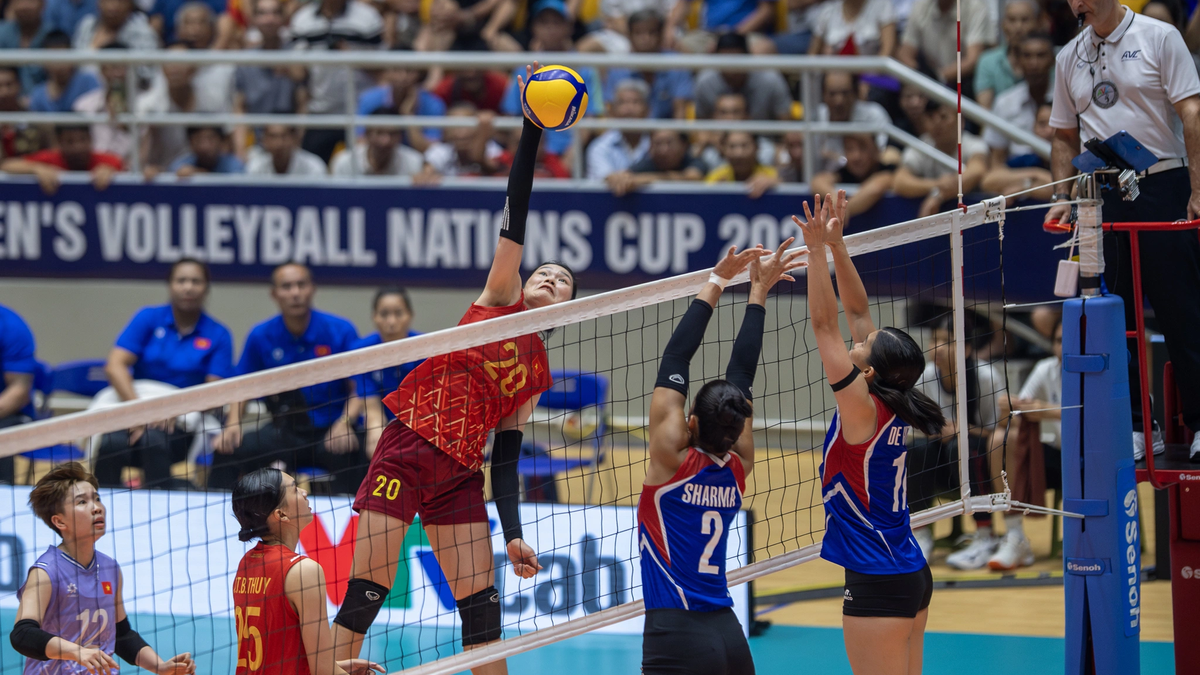








































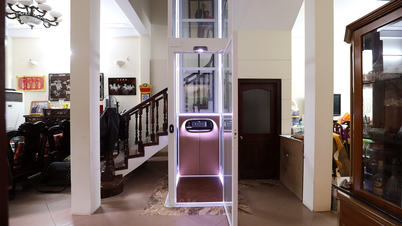













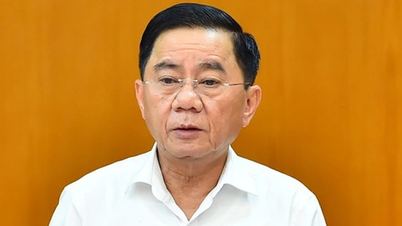












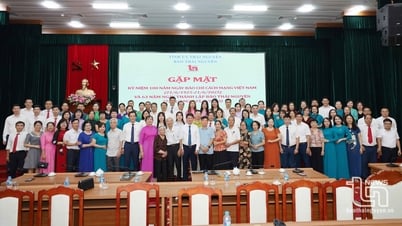



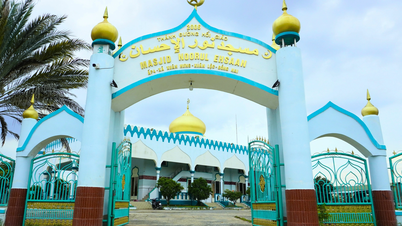
















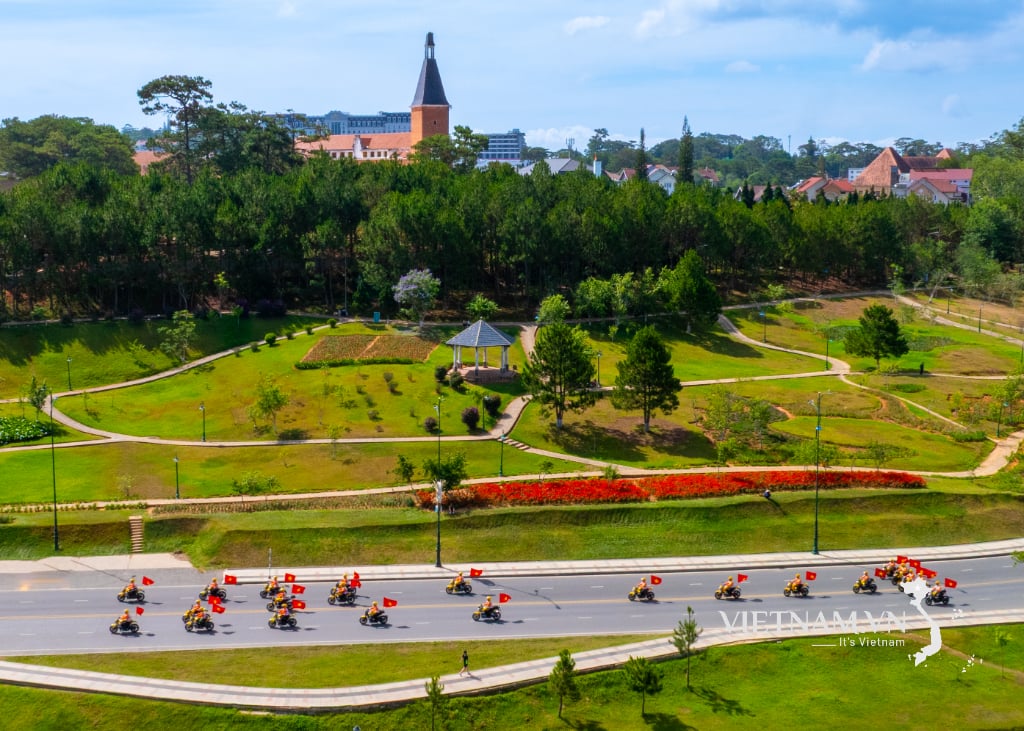
Comment (0)